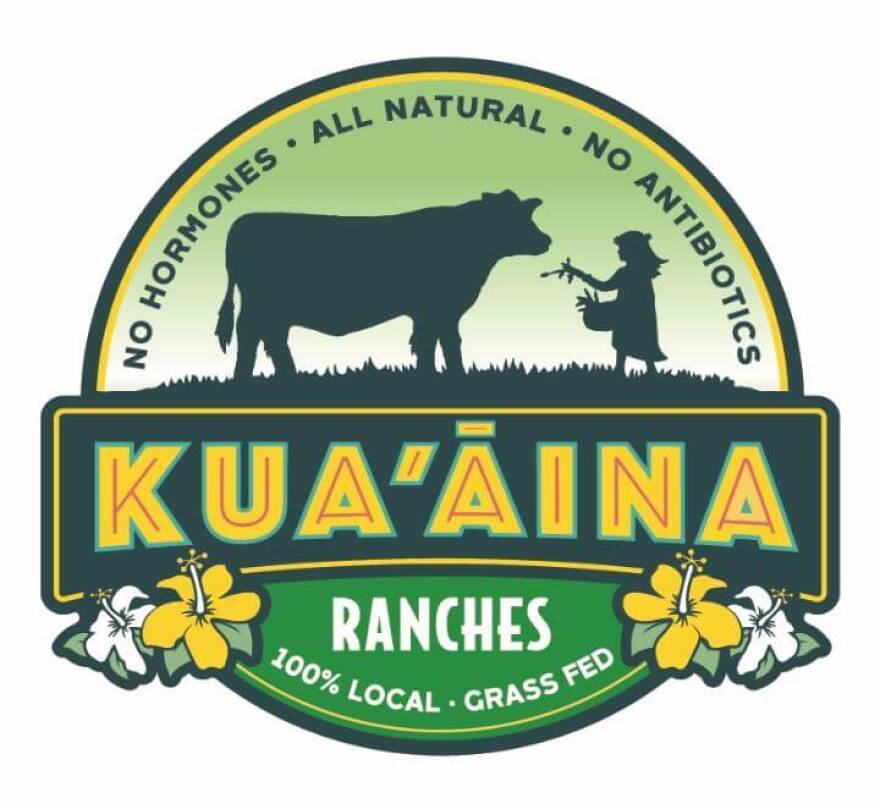Where's the beef?
That could be applied to a lawsuit filed by Kua ʻAina Sandwich Shop on Wednesday in U.S. District Court. The North Shore based shop alleges that Honolulu Meat Company is wrongfully using its registered trademark on its products.
Honolulu Meat was founded a year and a half ago by American billionaire Frank VanderSloot, the founder and CEO of the multi-level marketing firm Meleleuca.
According to the filing, the defendant, Honolulu Meat, is using Kua ʻAina's name and logo likeness on its products. Kua ʻAina Sandwich Corp. first registered its name in 1992. Since its founding in Haleʻiwa, the company has opened locations in Taipei, London and throughout Japan.

The plaintiff's attorney James Bickerton said the use of Kua ʻAina's name is leading consumers to believe Honolulu Meat products are affiliated with the restaurant.
"The name Kua ʻAina is not a common name. It is a Hawaiian phrase that essentially translates as 'guy from the country' or 'country bumpkin,'" Bickerton said.
"And it isn't in common use. It's not a phrase that a lot of people use in daily speech. And so it does seem to us a remarkable coincidence that you would choose that to sell hamburger patties, when there's a business that's been around using that name for 47 years."
According to ChefZone's website, which carries Honolulu Meat's Kua ʻAina products, the beef comes from local ranches. It claims it supports over 60 locally-owned, family-run local ranches.
It goes on to say it owns and operates the state's two largest abattoirs — one in Paʻauilo and the other in Kapolei.
Bickerton told reporters previous attempts at a cease and desist were ignored. He adds the defendants believe there is a difference between the plaintiff's business and theirs.
"We did notify them that we have been using that mark [name], and that we have registered mark," said Bickerton. "They shrugged it off. So to me, at this point, it's definitely purposeful."
Bickerton says they have, what's considered, a "strong mark."
"It is a name that isn't in common usage, and is not associated directly with the product in the Hawaiian language," he said.
"Therefore, it becomes very easy, I believe, to show that it's an infringement when someone tries to take it . . . If we had Haleʻiwa Meat Company, and they had Honolulu Meat Company, there's not much we could complain about. Those are generic names. This is definitely not generic."




